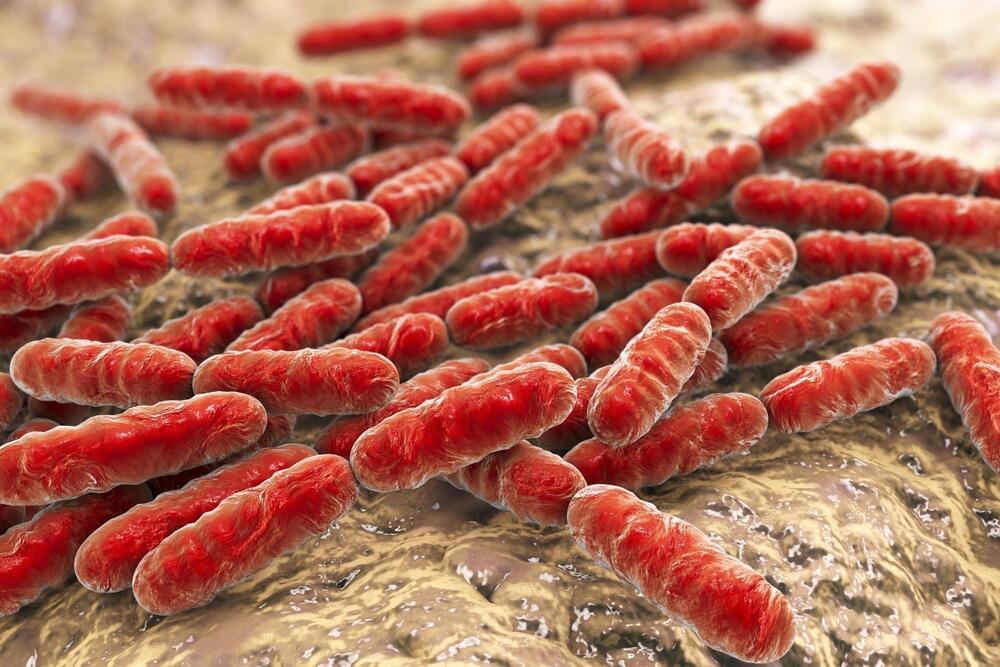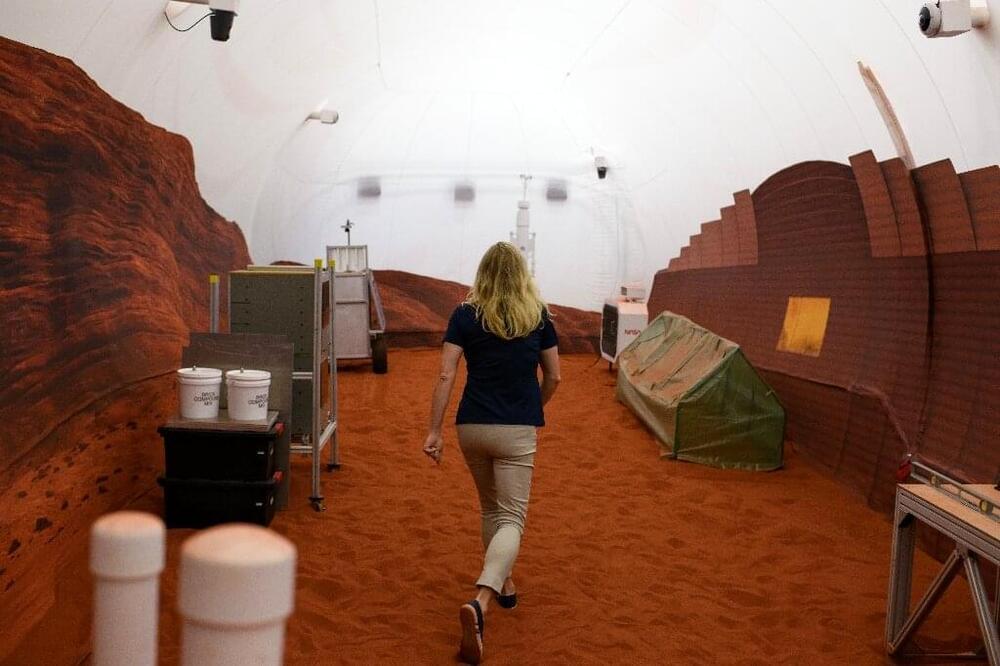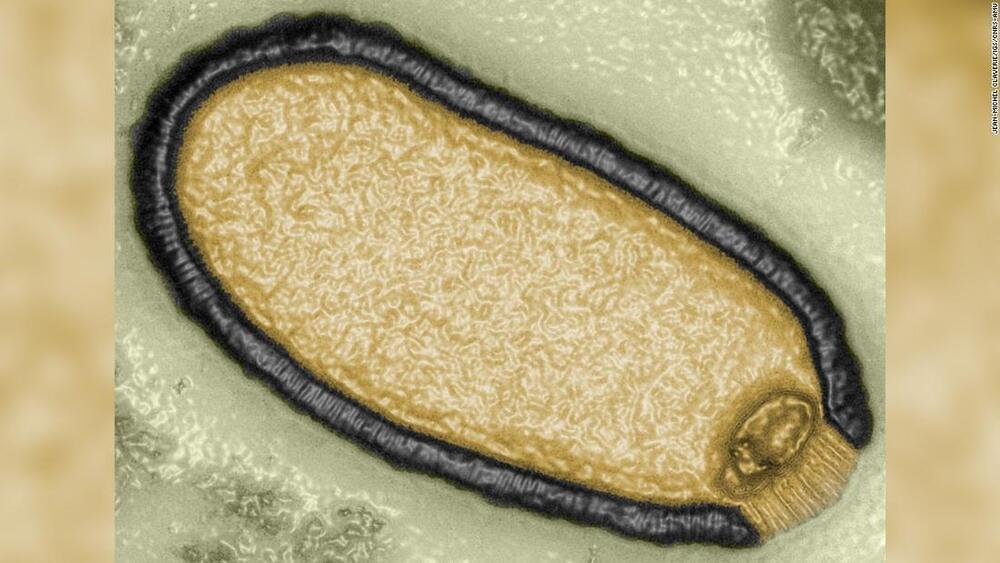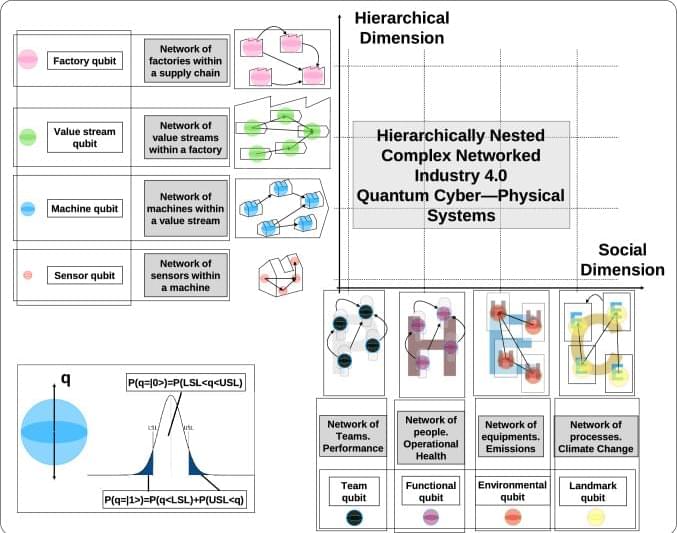In this episode, my guest is Matthew MacDougall, MD, the head neurosurgeon at Neuralink. Dr. MacDougall trained at the University of California, San Diego and Stanford University School of Medicine and is a world expert in brain stimulation, repair and augmentation. He explains Neuralink’s mission and projects to develop and use neural implant technologies and robotics to 1) restore normal movement to paralyzed patients and those with neurodegeneration-based movement disorders (e.g., Parkinson’s, Huntington’s Disease) and to repair malfunctions of deep brain circuitry (e.g., those involved in addiction). He also discusses Neuralink’s efforts to create novel brain-machine interfaces (BMI) that enhance human learning, cognition and communication as a means to accelerate human progress. Dr. MacDougall also explains other uses of bio-integrated machines in daily life; for instance, he implanted himself with a radio chip into his hand that allows him to open specific doors, collect and store data and communicate with machines and other objects in unique ways. Listeners will learn about brain health and function through the lens of neurosurgery, neurotechnology, clinical medicine and Neuralink’s bold and unique mission. Anyone interested in how the brain works and can be made to work better ought to derive value from this discussion.
#HubermanLab #Neuroscience.
Thank you to our sponsors.
AG1 (Athletic Greens): https://athleticgreens.com/huberman.
HVMN: https://hvmn.com/huberman.
Levels: https://levels.link/huberman.
Thesis: https://takethesis.com/huberman.
InsideTracker: https://insidetracker.com/huberman.
Supplements from Momentous.
https://www.livemomentous.com/huberman.
Huberman Lab Social & Website.
Instagram: https://www.instagram.com/hubermanlab.
Twitter: https://twitter.com/hubermanlab.
Facebook: https://www.facebook.com/hubermanlab.
LinkedIn: https://www.linkedin.com/in/andrew-huberman.
Website: https://hubermanlab.com.
Newsletter: https://hubermanlab.com/neural-network.
Dr. Matthew MacDougall.




